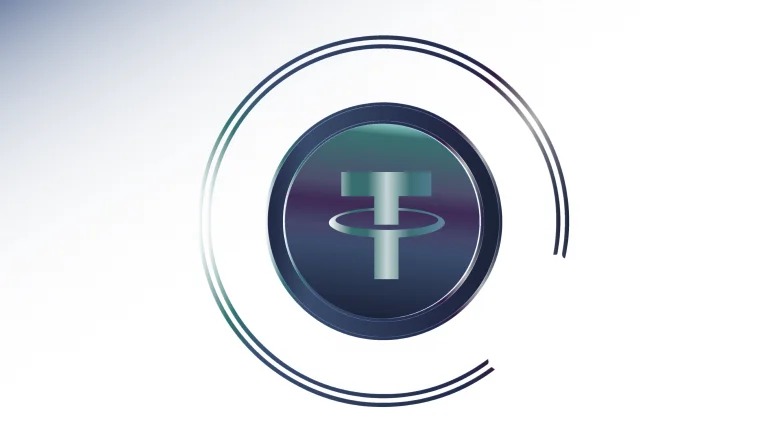
The Future of Converting Bitcoin into Cash: Trends in 2024
Bitcoin, the pioneering cryptocurrency, has seen remarkable growth since its inception. With its rise, many have reaped substantial profits. However, converting Bitcoin into cash remains a critical aspect for those wanting to liquidate their assets. Let's explore the future trends of converting Bitcoin into cash in 2024, providing an informative outlook for crypto enthusiasts.
Emerging Trends in 2024
As cryptocurrencies gain mainstream acceptance, regulatory scrutiny intensifies. In 2024, we expect more comprehensive regulations surrounding Bitcoin transactions. These regulations aim to enhance transparency and protect users from fraud. While this can increase compliance costs, it also brings legitimacy to the crypto market, potentially attracting more users.
With rising cyber threats, security remains a top priority. In 2024, expect to see enhanced verification processes and anti-fraud technologies in Bitcoin transactions. Multi-factor authentication (MFA), biometric verification, and blockchain-based identity solutions will become standard practices, ensuring secure and trustworthy transactions.
Decentralized exchanges (DEXs) are gaining traction. Unlike centralized exchanges, DEXs operate without a central authority, providing users with greater control over their assets. In 2024, we anticipate significant growth in DEX usage due to their security, privacy, and reduced risk of hacks. Popular DEX platforms include Uniswap, SushiSwap, and PancakeSwap.
As traditional financial institutions recognize the potential of cryptocurrencies, we're seeing increased integration. In 2024, more banks are expected to offer Bitcoin-to-cash services. This integration bridges the gap between crypto and fiat, making it easier for users to convert Bitcoin into cash seamlessly through their bank accounts.
Bitcoin ATMs are evolving. In 2024, we can expect an increased number of ATMs with advanced functionalities. These new-generation ATMs will offer features like multi-currency support, lower fees, and enhanced security measures. Additionally, some ATMs may integrate with other financial services, providing a one-stop solution for crypto and fiat transactions.
Current Methods of Converting Bitcoin into Cash
Before diving into future trends, it's essential to understand the current methods available for converting Bitcoin into cash.
Online exchanges like Coinbase, Binance, and Kraken are the most popular platforms for converting Bitcoin into cash. These platforms offer a straightforward process: users create an account, link their bank account, and sell their Bitcoin. The platform then deposits the cash equivalent into the user's bank account. While convenient, these exchanges charge fees, which can vary based on the transaction amount and method.
Bitcoin ATMs are another popular option. These machines allow users to deposit Bitcoin and withdraw cash. Found in various locations worldwide, Bitcoin ATMs provide an immediate and physical way to convert Bitcoin into cash. However, they often charge higher fees compared to online exchanges.
Platforms like LocalBitcoins and Paxful facilitate peer-to-peer exchanges. Users can sell their Bitcoin directly to others, often receiving cash in person or via bank transfer. P2P exchanges prioritize privacy and can offer competitive rates. However, users must be cautious of potential scams and always verify the buyer's reputation.
For those preferring a personal touch, selling Bitcoin directly to friends or family is an option. Additionally, social media platforms and online forums provide avenues to find potential buyers. While this method can save on fees, it requires trust between the parties involved.
For those preferring a personal touch, selling Bitcoin directly to friends or family is an option. Additionally, social media platforms and online forums provide avenues to find potential buyers. While this method can save on fees, it requires trust between the parties involved.
Economic and Market Factors
Bitcoin's market volatility significantly impacts its conversion into cash. In 2024, strategies to mitigate risks associated with price fluctuations will become more prevalent. Tools like stablecoins, which are pegged to stable assets like the US dollar, will be used to protect against risk during conversions.
More businesses are starting to accept Bitcoin as payment. This trend will continue in 2024, providing new avenues for cashing out. Users can sell goods or services for Bitcoin and then convert it into cash through business transactions, often at lower fees than traditional methods.
The global economy influences Bitcoin's value and conversion practices. In 2024, regional differences will become more pronounced. Countries with favorable crypto regulations will see more efficient conversion methods, while those with restrictive policies may face challenges. Understanding these trends will be crucial for users navigating the Bitcoin-to-cash landscape.
Conclusion
The landscape of converting Bitcoin into cash is rapidly evolving. As we move into 2024, trends like increased regulation, advanced security measures, and the growth of decentralized exchanges will shape the future.
Technological advancements and economic factors provide a comprehensive view of what to expect. Staying informed and adaptable will be key for anyone looking to navigate the Bitcoin-to-cash conversion landscape successfully.
